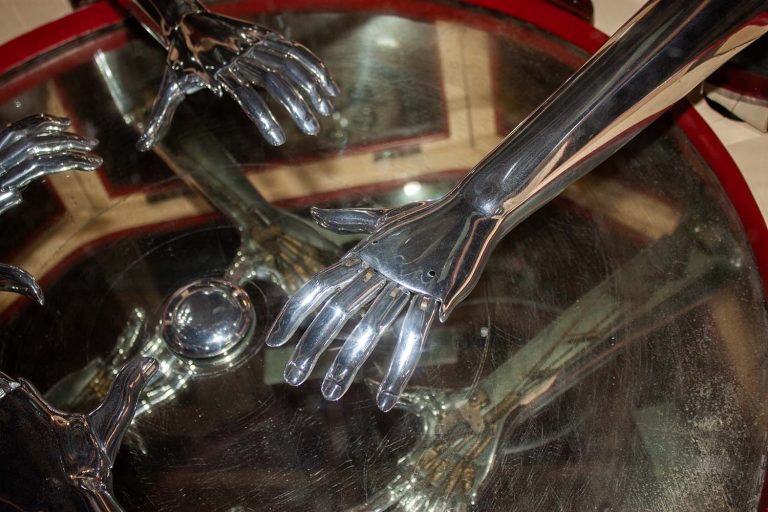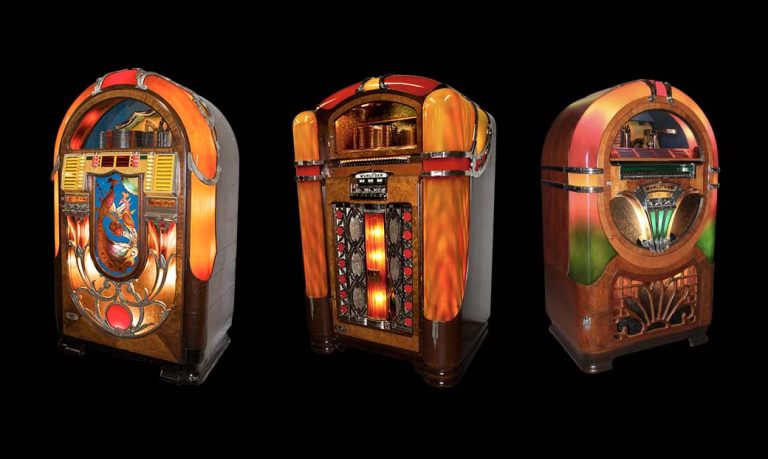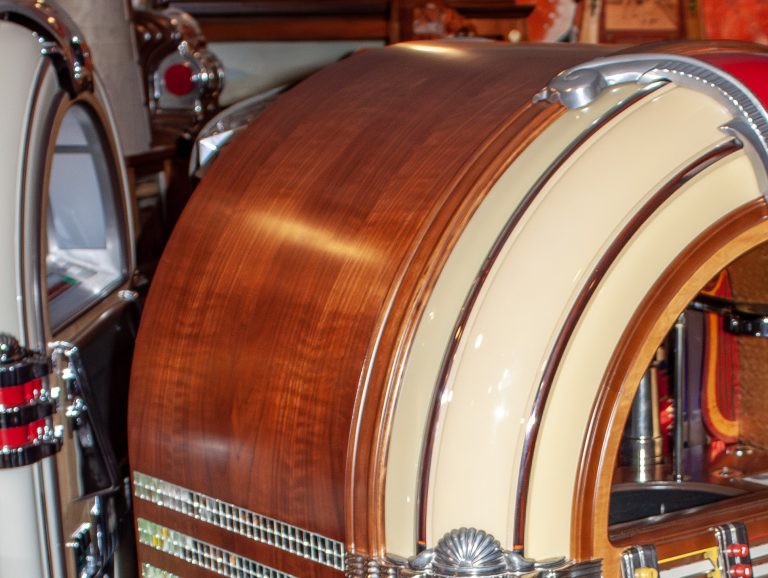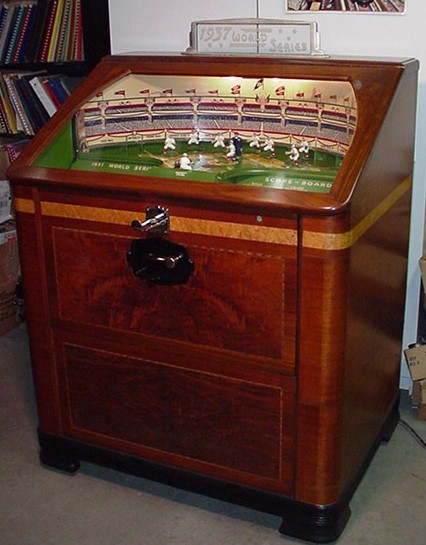Seeburg History
Jukebox History

Born in Sweden in 1871, Justice P. Seeburg came to the United States at the age of 16. He settled in Chicago and worked in the piano industry as a mechanic and supervisor. In 1907, J.P. Seeburg started his own manufacturing company using his own name. The J.P. Seeburg Piano Co. soon became the premier maker of Orchestrions in the United States. These automatic pianos had several instruments inside that could sound like a complete band. Seeburg continued with this line of instruments until 1927 when he discontinued the manufacturing of pianos and retooled for making the new coin-operated phonograph.
Seeburg was one of the first manufacturers of a multi-select jukebox with the introduction of the “Audiophone” in 1928. This wide-body, eight-selection box had pneumatic control valves making it half nickelodeon and half phonograph. This model was a reasonable success, but sales never reached huge numbers. By the 1930s other manufacturers had entered the market and were actually selling more jukeboxes than Seeburg. The next model, the Selectophone, was an engineering disaster. Warped spindles made operators mad and this mistake almost put the company under. When J.P. Seeburg entered his 60s in the late 1930s he turned the business over to his son Noel. He was a very sharp businessman and reorganized the company to compete more effectively with Wurlitzer and Rock-Ola. From 1940 until World War II, Seeburg produced some very reasonable and glitzy jukeboxes and did quite well.
But it was the year 1949 that would prove to be the year Seeburg would change the face of jukebox history when it engineered a mechanism that could play both sides of 50 records, a true 100-select jukebox (Peggy Lee with M100A). This mechaniam was so reliable that it nearly put all other manufacturers out of business. In 1950 Seeburg introduced the M100B, the first jukebox to play 45 rpm records. During the 1950s Seeburg enjoyed a dominant place in jukebox production, and in 1955 introduced the V-200, the first 200-select jukebox.
Like most other jukebox manufacturers, Seeburg suffered through the changing demand in the 1970s and after going in and out of business stopped operations in the United States.
If you have a Seeburg jukebox for sale, we at the National Jukebox Exchange may be interested in buying it. We can pay top dollar for jukeboxes in any condition. Please contact John Papa at (518) 661-5639 or via e-mail at johnpapa1080@gmail.com with as much information as you have.





